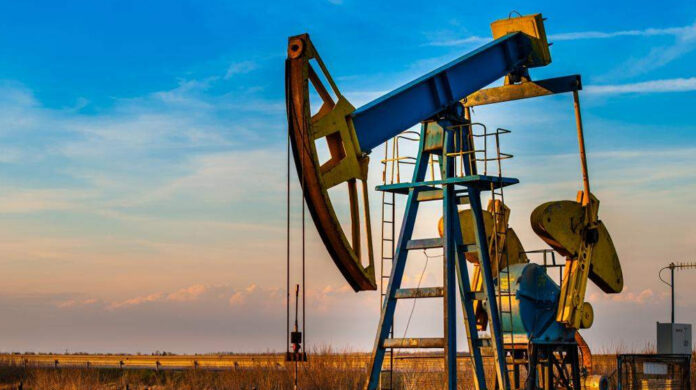Pakistan’s oil reserves have witnessed a year-on-year decline of 14%, with figures dropping to 193 million barrels in December 2023 from 224 million barrels a year earlier.
This decrease, as reported by Pakistan Petroleum Information Services, is attributed primarily to the natural decline in production across several major oil fields.
Fields such as Adhi, Nashpa, Chanda, Makori East, Pasakhi/Pasakhi North East, Mardankhel, and Jhandial have experienced notable decreases in their reserves.
Specifically, these fields saw reductions ranging from 14% to a complete depletion in the case of Jhandial.
On the other hand, fields like Tolanj West, Pindori, Halini, and Jagir reported substantial growth, with increases up to 21 times the previous year’s figures.
Alongside oil, the country’s gas reserves also saw a reduction, dropping by 5% year-on-year to 18,109 billion cubic feet (bcf) from 19,042 bcf in December 2022.
This decline was observed across various fields, including Uch, Kunar West Deep, Qadirpur, Shahdadpur, Sui, and Mari, while others like Rizq, Kandkhot, Makori East, Pindori, and Tolanj West recorded increases.
The report further highlights the contribution of new fields to Pakistan’s total reserves, with 92 Kot Palak, Mari Ghazij, Bolan East, Bettani (Wali), Kot Nawab, Nim East, Taj South, Fatah, Umair South East, Jhim East, and Shahpur Chakar North collectively adding 130 million barrels of oil equivalent (BOE) by December 2023.
Oil and Gas Development Company Limited (OGDC) saw a 2% year-on-year increase in oil reserves, reaching 82 million barrels thanks to new additions such as Bettani, Nim East, and Kot Nawab.
However, OGDC’s gas reserves fell by 5% year-on-year to 6,121 bcf, with new finds partially offsetting the decline.
Pakistan Petroleum Limited (PPL) reported a 12% decrease in oil reserves to 25 million barrels, with significant reductions in fields like Shahdadpur, Nashpa, Adhi, Miano, and Makori East.
The company’s gas reserves also dipped by 3% year-on-year, affected by decreases in several fields, though new additions at Shahpur Chakar North, Jhim East, and Bolan East provided some compensation.
This development underscores the challenges faced by Pakistan’s energy sector, highlighting the need for enhanced exploration and production efforts to counter the natural decline in existing fields and ensure energy security for the country.
























